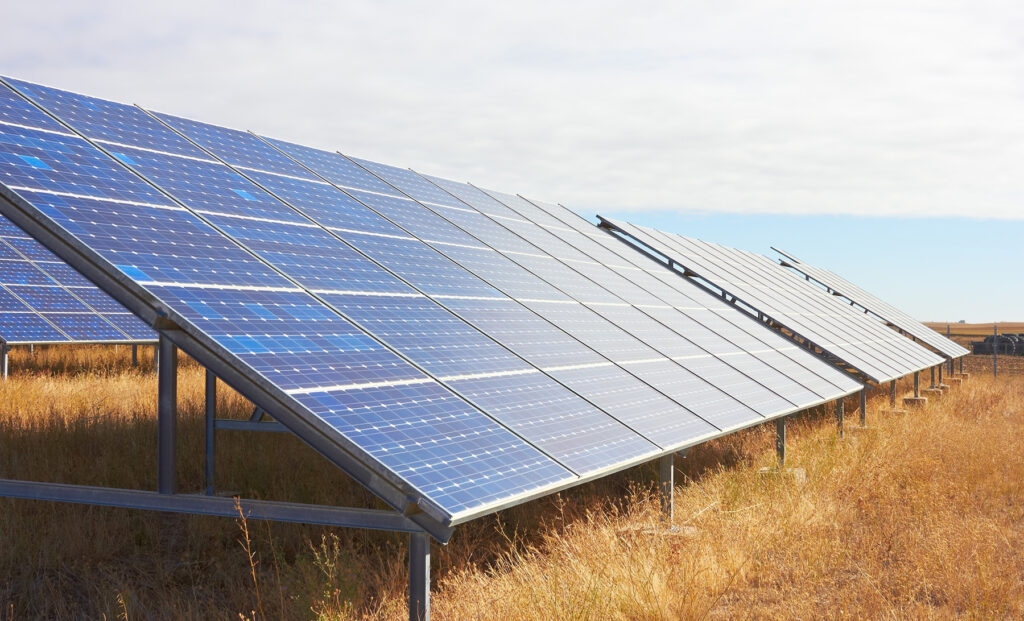
- Details
- By Chez Oxendine
- Energy | Environment
Tribal communities in Washington State will receive more than $10 million in grant funding for solar projects through the state Department of Commerce’s Tribal Clean Energy program.
The funding will support 13 projects across nine tribal communities. The projects in question range from powering community buildings to planning and pre-development for storage systems.
“Our partnerships with tribal communities continue to grow and strengthen as we transition together into a clean energy future,” Washington State Department of Commerce (WSDOC) Director Mike Fong said in a statement. “Washington’s Climate Commitment Act is helping realize our shared visions for vibrant, resilient communities across the state and a healthier environment for all.”
The projects announced Friday include:
- Chief Leschi Schools, Puyallup – $1,769,571 to install a 421kW solar project that will provide power to three school buildings
- Confederated Tribes of the Colville Reservation, Nespelem – $478,445 to support planning and pre-development of solar paired with energy storage at tribal facilities in Nespelem, and $481,967 each to support the planning and pre-development of two solar paired with energy storage projects at tribal facilities in Inchelium and government facilities and a school in Pascal-Sherman
- Nisqually Indian Tribe, Nisqually – $188,553 to install an 85kW solar project that will provide power to the Head Start building and $323,303 for a 176kW solar project at the Wastewater Treatment Plant
- Port Gamble S’Klallam Tribe, Kingston – $398,205 to install a 66kW solar and energy storage system at a community health center
- Quileute Tribe of the Quileute Reservation, La Push – $45,630 to study siting and feasibility of electric vehicle charging stations in La Push
- Spokane Tribe of the Spokane Reservation, Wellpinit – $2.75 million to design and build a microgrid that will power a new resiliency station
- Swinomish Indian Tribal Community, La Conner – $278,267 to install a 31kW solar and energy storage system that will provide power to a fisheries building, and $ 911,087 to install a 55kW solar and energy storage system that will provide power at tribal administrative building
- The Suquamish Tribe, Suquamish – $1,253,669 to install solar and energy storage systems providing power to low-income residences in Suquamish
- Yakama Power, Toppenish – $775,000 to install an 11kW tubular solar demonstration project over an irrigation canal in Toppenish
This marks the second round of funding in the Tribal Clean Energy program, which awarded grants to five projects in May. In total, the state has distributed $17.5 million so far, with $6 million more in funding available ahead of an Oct. 15, 2024 deadline, per the program’s website.
The program was launched to “pull together” some of WSDOC’s complex grant structures into a more easily accessible whole, according to a prior Tribal Business News story. The department’s tribal relations coordinator, Michelle Gladstone-Wade, said the program allowed WSDOC to figure out which funding pools best fit tribal needs.
“The [program] pulls together all the strands of our existing programs with tribal eligibility into an easy way to access funds,” Gladstone-Wade said in the May 2 story. “Now we can say, ‘tell me your vision, and I will go find the resources to help meet your needs.’”
The Tribal Clean Energy program is part of a wider strategy by Washington State’s Department of Commerce to expand renewable energy opportunities for tribes in the state, per prior Tribal Business News reporting.
The state committed around 25 percent of its $156 million grant from the Greenhouse Gas Reduction Fund’s Solar for All initiative to consulting with and supporting tribes in their pursuit of renewable energy solutions in May.
